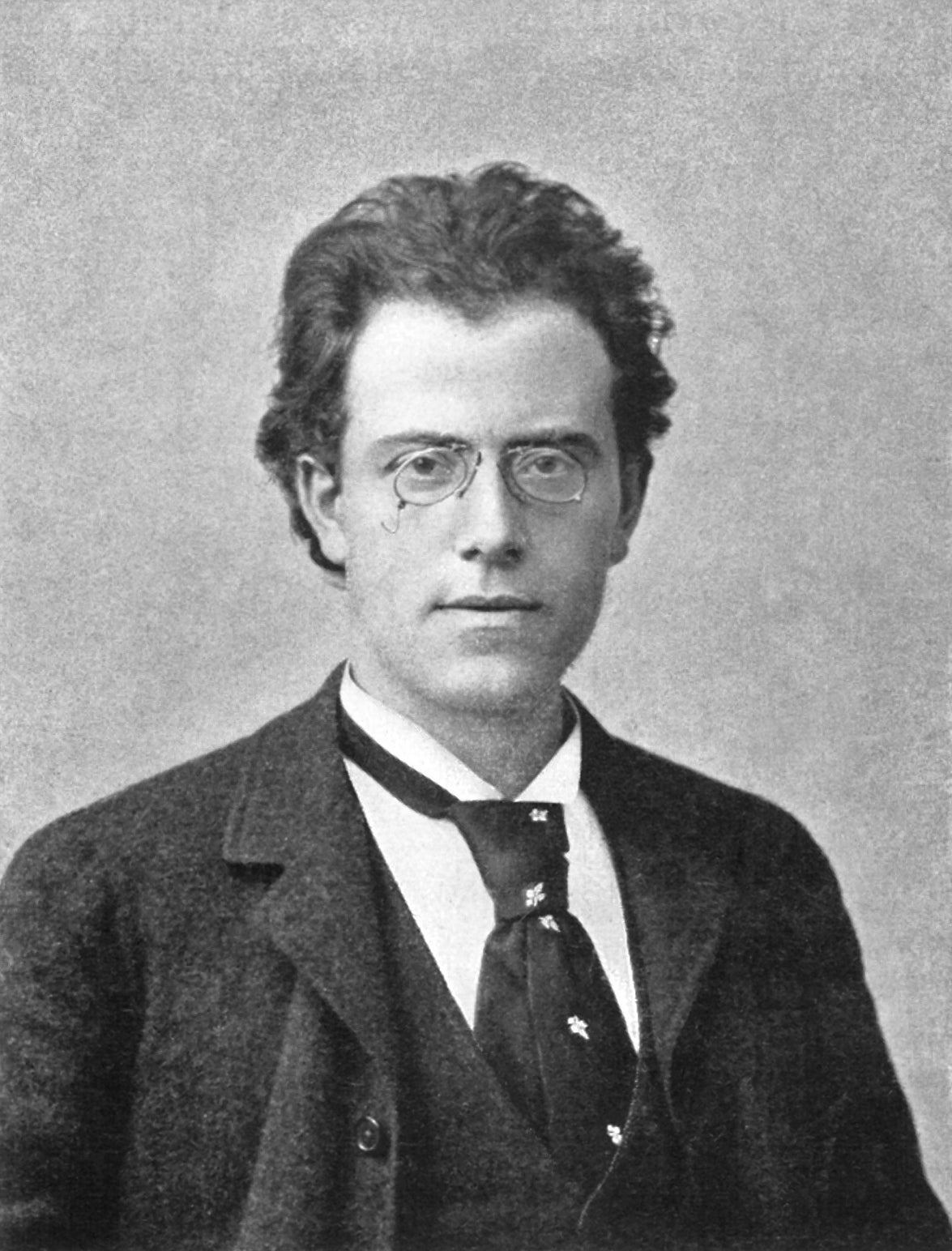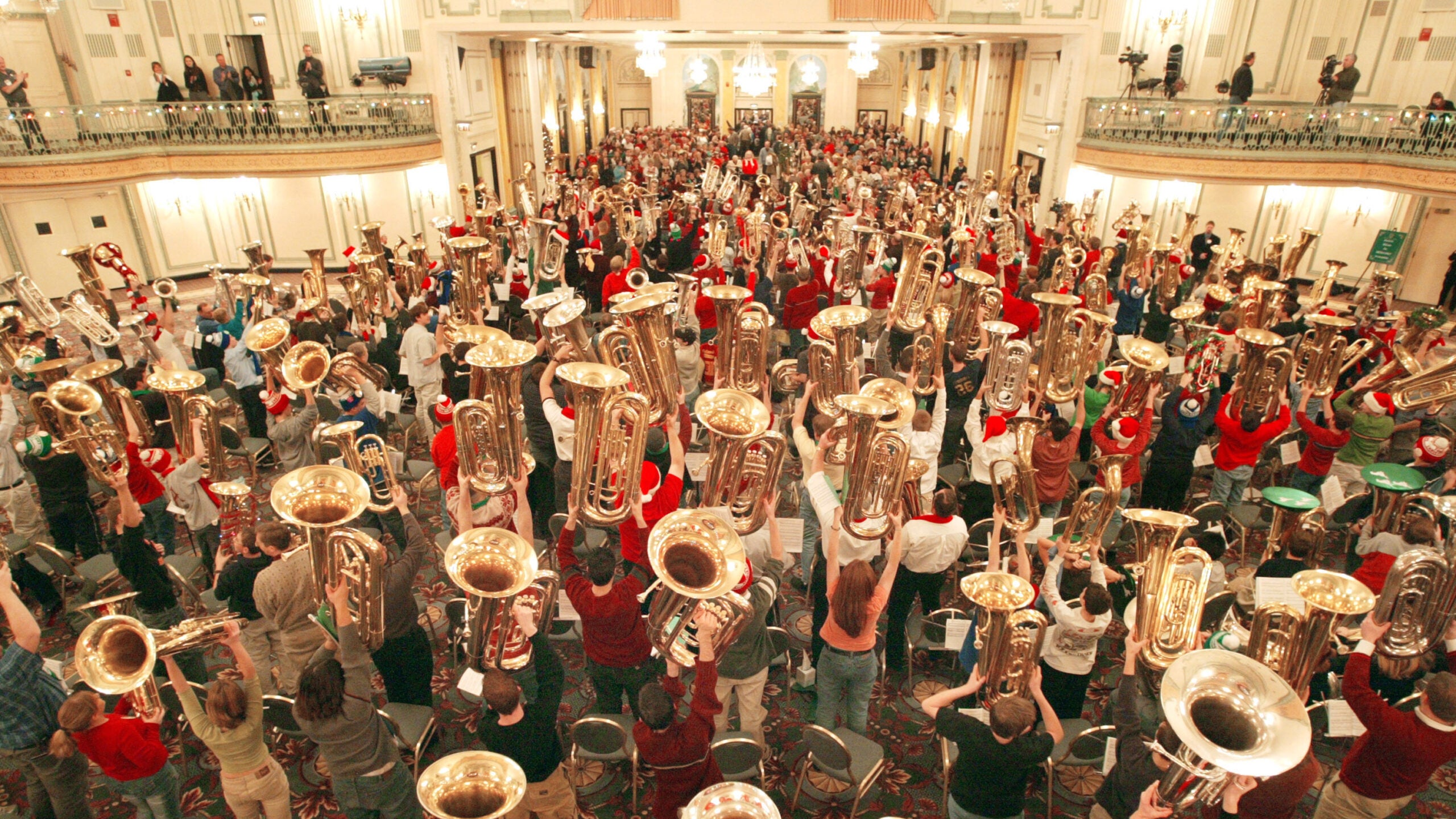They were an irresistible force and an immovable object. The innovative young conductor named Gustav Mahler and the tradition-bound musical establishment of Vienna.
Mahler assumed the directorship of the Vienna Philharmonic in 1898. He was dedicated to conducting music for the time in which he lived, and within a year his performances of Beethoven’s fifth and ninth symphonies were raising cries of treason from his critics.
One of them wrote of Mahler’s barbarism in re-orchestrating many passages in Beethoven’s ninth against the clearly expressed intention of the composer.
Stay informed on the latest news
Sign up for WPR’s email newsletter.
Mahler persisted, presenting Beethoven’s music as he thought Beethoven would want it played had he lived at the end of the nineteenth century. He led a performance of Beethoven’s F Minor Quartet as played by the entire string section of the Vienna Philharmonic.
To his vociferous critics Mahler replied that the concert hall demanded a larger sound than a string quartet could provide. Then he turned the idea around and added that if he were conducting Wagner’s Ring Cycle in a small room he would reduce the size of the orchestra.
The result of all the publicity? Mahler became the sensation of Vienna. He continued on his collision course with the musical establishment. He concluded that Beethoven’s deafness and the limitations of early nineteenth-century instruments had kept Beethoven from doing full justice to his visions. He wrote in response to his critics that not to use the best instruments available would be an outrage against Beethoven. In short, Mahler said that he was performing Beethoven as the composer would have intended had the Vienna Philharmonic been available in his day.
By now even the orchestra wasn’t sure what Mahler’s intentions were. A final confrontation between Mahler and his critics seemed certain. But suddenly the conductor’s health forced him to leave Vienna in mid-season. Not long afterward, when Mahler submitted his letter of resignation, it was considered little more than a formality. This time the immovable object had prevailed. But Gustav Mahler would endure as the foremost symphonist of the twentieth century, his works performed many times over by the great orchestras of the world, including the once contrary Vienna Philharmonic.
Wisconsin Public Radio, © Copyright 2024, Board of Regents of the University of Wisconsin System and Wisconsin Educational Communications Board.





